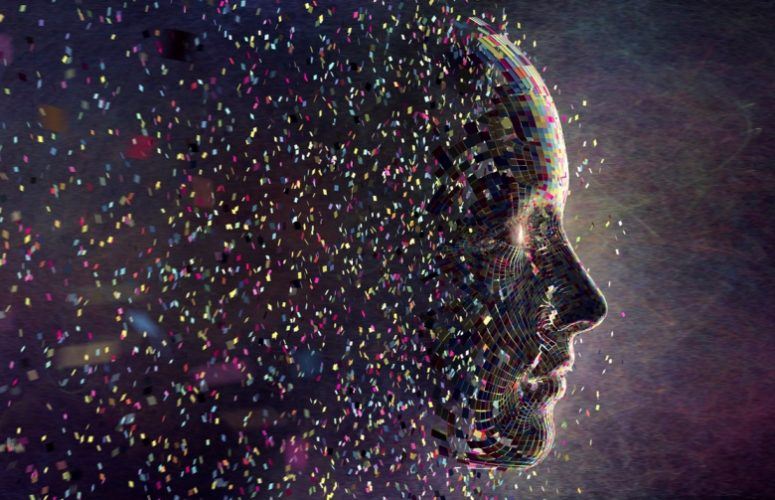
Artificial Intelligence Use Prompts Concerns, Poll Finds
Most expect ChatGPT will be used for cheating
On Feb 16, 2023The Monmouth University Poll finds awareness of AI developments has increased over the past decade, but opinion about its potential impact remains largely unchanged, with a few exceptions. Most Americans express concern about the impact of new products such as ChatGPT and offer their support to the use of AI in just a few types of applications. That skepticism comes even though nearly half actually use one form of AI – voice recognition – on a regular basis.
One-third (35%) of the public reports hearing a lot about recent artificial intelligence developments regarding the ability of computers and machines to carry out decision-making thought processes similar to humans. This level of awareness is much higher than eight years ago (12%). The biggest increase has been among younger adults. In 2015, just 12% of 18- to 34-year-olds heard a lot about recent developments in the field. Today, nearly half (45%) this age group says the same. Overall, more men (46%) than women (24%) have heard a lot about recent AI developments. Fully 9 in 10 Americans (91%) are aware of the term artificial intelligence, which is up from 70% in 2015.
Regarding AI product ChatGPT, an application that can have conversations and write entire essays based on a few human prompts, sx in ten (60%) Americans have heard about it and 72% believe there will be a time when entire news articles will be written by artificial intelligence. However, very few see this as a positive development. In fact, more than 3 in 4 (78%) say that news articles written by AI would be a bad thing. Furthermore, 65% say it is very likely that AI programs such as ChatGPT will be used by students to cheat on their schoolwork.
“AI has started to permeate every facet of life. Most Americans are skeptical that this is a good thing, even though many of them use some form of artificial intelligence on a regular basis already,” said Patrick Murray, director of the independent Monmouth University Polling Institute.
Overall, only 1 in 10 (9%) Americans believe computer scientists’ ability to develop AI would do more good than harm to society. The remainder are divided between saying AI would do equal amounts of harm and good (46%) or that it would actually do more harm to society overall (41%). These results are largely unchanged from Monmouth’s poll in 2015, but public opinion continues to be more pessimistic about AI’s impact than it was a generation ago. When this same question was asked in 1987 by Cambridge Reports/Research International, 20% of Americans said AI would do more good than harm, 29% expected equal amounts of harm and good, and 39% said it would do more harm overall.
Nearly 3 in 4 (73%) Americans feel that machines with the ability to think for themselves would hurt jobs and the economy. Also, a majority (56%) say that artificially intelligent machines would hurt humans’ overall quality of life. These results on AI’s daily impact are basically the same as eight years ago. However, existential fears about humanity’s relationship with artificial intelligence have increased. A majority (55%) of Americans are now worried at least somewhat that artificially intelligent machines could one day pose a risk to the human race’s existence. This marks a reversal from Monmouth’s 2015 poll, when a smaller number (44%) was worried and a majority (55%) was not. Concern about the possible AI threat to human existence decreases with age – from 61% of those age 55 and older, to 55% of those ages 35 to 54, and 46% of those ages 18 to 34. However, the level of concern is similar for people who have been paying a lot of attention to AI news and those who have heard only a little or nothing about recent developments.
Some political leaders have floated the idea of having a federal agency regulate the use of artificial intelligence similar to how the FDA regulates the approval of drugs and medical devices. A majority (55%) of the public favors a general proposal for an AI regulatory agency, while 41% are opposed. The broadest level of support for this type of agency comes from adults under 35 years old (76%) – compared with just under half of those age 35 and older who agree. More Democrats (70%) and independents (56%) than Republicans (36%) support having a federal regulatory agency for AI.
“It seems as if some people view AI not just as a technological and economic concern, but also as a public health matter,” said Murray.
The Monmouth University Poll was conducted by telephone from January 26 to 30, 2023 with 805 adults in the United States. The question results in this release have a margin of error of +/- 5.7 percentage points for the full sample. The poll was conducted by the Monmouth University Polling Institute in West Long Branch.
To access more business news, visit NJB News Now.
Related Articles:





